For Black History Month this October our Black Radicals Season will celebrate the lives of some of our 100 Radical Heroes, the men and women who believed in ideas worth fighting for. They dared to challenge convention and believed in the spirit of fairness, co-operation and people power. They were pioneers who changed history and made life better for ordinary working people. This series of blog posts will highlight their achievements. We also invite you to nominate your own Black Radical Hero to add to our list. Tweet us @PHMMcr using the hashtag #blackradicalhero.
Rebecca Lomas concludes the series with Viv Anderson.
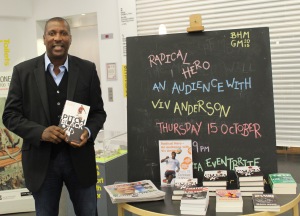 Viv Anderson, the first black footballer to play for England, was born in Nottingham in 1956. He made his debut for England in a match against Czechoslovakia, which England won 1-0, aged 22 in 1978, and his shirt from that historic match was loaned to the museum, where it was displayed in our main galleries, in 2011. This was the first of a total of 30 caps for England, the final being during a 1-1 draw against Columbia in 1988. He played for Nottingham Forest, Arsenal, Manchester United and Sheffield Wednesday during his football career, being Alex Ferguson’s first signing for Manchester United in 1987. He also managed Barnsley and assistant managed Middlesbrough.
Viv Anderson, the first black footballer to play for England, was born in Nottingham in 1956. He made his debut for England in a match against Czechoslovakia, which England won 1-0, aged 22 in 1978, and his shirt from that historic match was loaned to the museum, where it was displayed in our main galleries, in 2011. This was the first of a total of 30 caps for England, the final being during a 1-1 draw against Columbia in 1988. He played for Nottingham Forest, Arsenal, Manchester United and Sheffield Wednesday during his football career, being Alex Ferguson’s first signing for Manchester United in 1987. He also managed Barnsley and assistant managed Middlesbrough.
Racism has been a problem in football that was around during Anderson’s career and has continued until the present day, for example during a 2012 match played by the England under-21s in Serbia, when racist abuse was shouted. Anderson has described the shirt worn during his first match for England as a symbol of ‘how people in general were starting to react to black workers and footballers succeeding right across the community at a time of a big cultural shift.’ Speaking of his own experience of racism at an event at the museum on 15 October 2015, Anderson described his determination to succeed, stating “I thought whatever it takes, I am not going to let these people dictate to me.” Though progress has been made for black footballers, the 2012 incident shows that more is needed.
Anderson has recently talked of the need for more black football managers, “There’s lots of black kids up and down this country playing football – and they need to see role models that not just play football, but that they can go on to managerial roles and become successful managers.” Speaking at the museum, Anderson said that this was down to a “perception that they (people of colour) are very good players but not good managers” pointing out that there have been less that 10 black managers in the past 15-20 years. Anderson was the second of these and in our eyes this is one of the reasons he is a role model to many and this is one of the reasons he is one of our radical heroes.
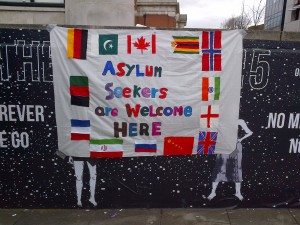
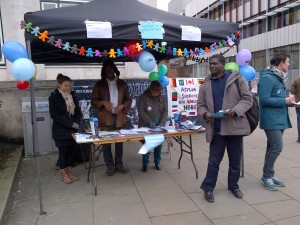
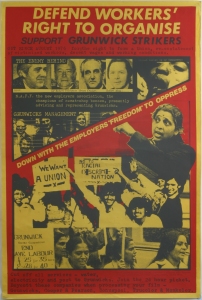
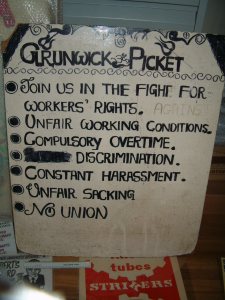
 Thurs 29 October
Thurs 29 October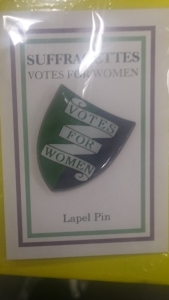
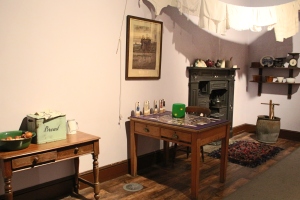
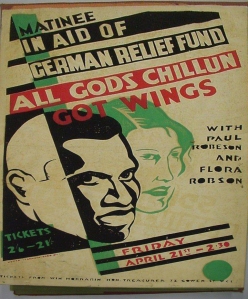
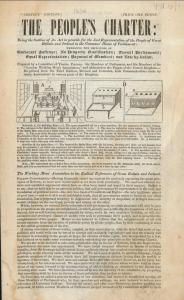
 Thurs 15 October
Thurs 15 October Thurs 15 October
Thurs 15 October s Sophia Duleep Singh was one of the leading suffragettes in the Women’s Social and Political Union and the Women’s Tax Resistance League. She was also elected the President of the Suffragette Fellowship after Emmeline Pankhurst’s death in 1928. Sophia was the daughter of Maharaja Duleep Singh who was deposed in India and sent to England when he was 15 years old. He became friends with Queen Victoria, who became Sophia’s godmother and granted her an apartment in Hampton Court.
s Sophia Duleep Singh was one of the leading suffragettes in the Women’s Social and Political Union and the Women’s Tax Resistance League. She was also elected the President of the Suffragette Fellowship after Emmeline Pankhurst’s death in 1928. Sophia was the daughter of Maharaja Duleep Singh who was deposed in India and sent to England when he was 15 years old. He became friends with Queen Victoria, who became Sophia’s godmother and granted her an apartment in Hampton Court. Thurs 15 October
Thurs 15 October Thurs 29 October
Thurs 29 October